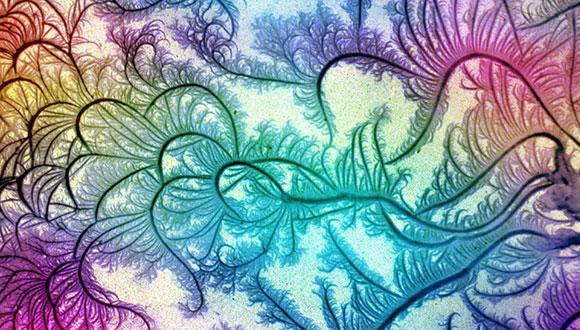Condensed Matter Seminar: Mesoscopic thermalization with few-mode Bose-Hubbard models
Prof. Amichay Vardi, BGU
Abstract:
Starting from a non-equilibrium initial state, a current paradigm for attaining thermalization between coupled quantum subsystems is Linear Response Theory (LRT). If the underlying classical dynamics is chaotic, thermalization is attained via diffusive energy spreading in each of the constituent subsystems, in response to its coupling to the other, resulting in a linear growth of the subsystem energy variance. This diffusive process, described by a Fokker-Planck-Equation [1,2], eventually leads to the desired ergodization of the composite system over all accessible states within the initial microcanonical energy shell.
Quantitatively, LRT is based on a Fermi-golden-rule picture in which the rates of transitions between the energy eigenstates of either subsystem are given by first-order-perturbation type matrix elements, but over long timescales that involve many perturbative orders. The diffusion coefficient D of the Fokker-Planck equation is estimated from these rates by a Kubo formula, which implies Quantum-Classical correspondence in the evolution of the spreading subsystem energy distribution.
LRT relates the response of a system to the power-spectrum of its fluctuations. However, the response to external driving in realistic models exhibits a pronounced non-linear blurring of the spectral line-shape. Considering a driven Bose-Hubbard trimer model we figure out what is the hidden time scale that controls this smearing effect [3]. Contrary to common-wisdom the Fermi-golden-rule picture fails miserably in predicting the non-linear width of the transitions. Instead, if the system has a classical limit, the determination of the hidden time scale requires to take into account the underlying classical phase-space dynamics.
[1] Phys. Rev. Lett 110, 050401 (2013).
[2] New J. Phys. 17, 023071 (2015).
[3] arXiv:1603.06193
Seminar Organizer: Prof. Shimshon Barad


